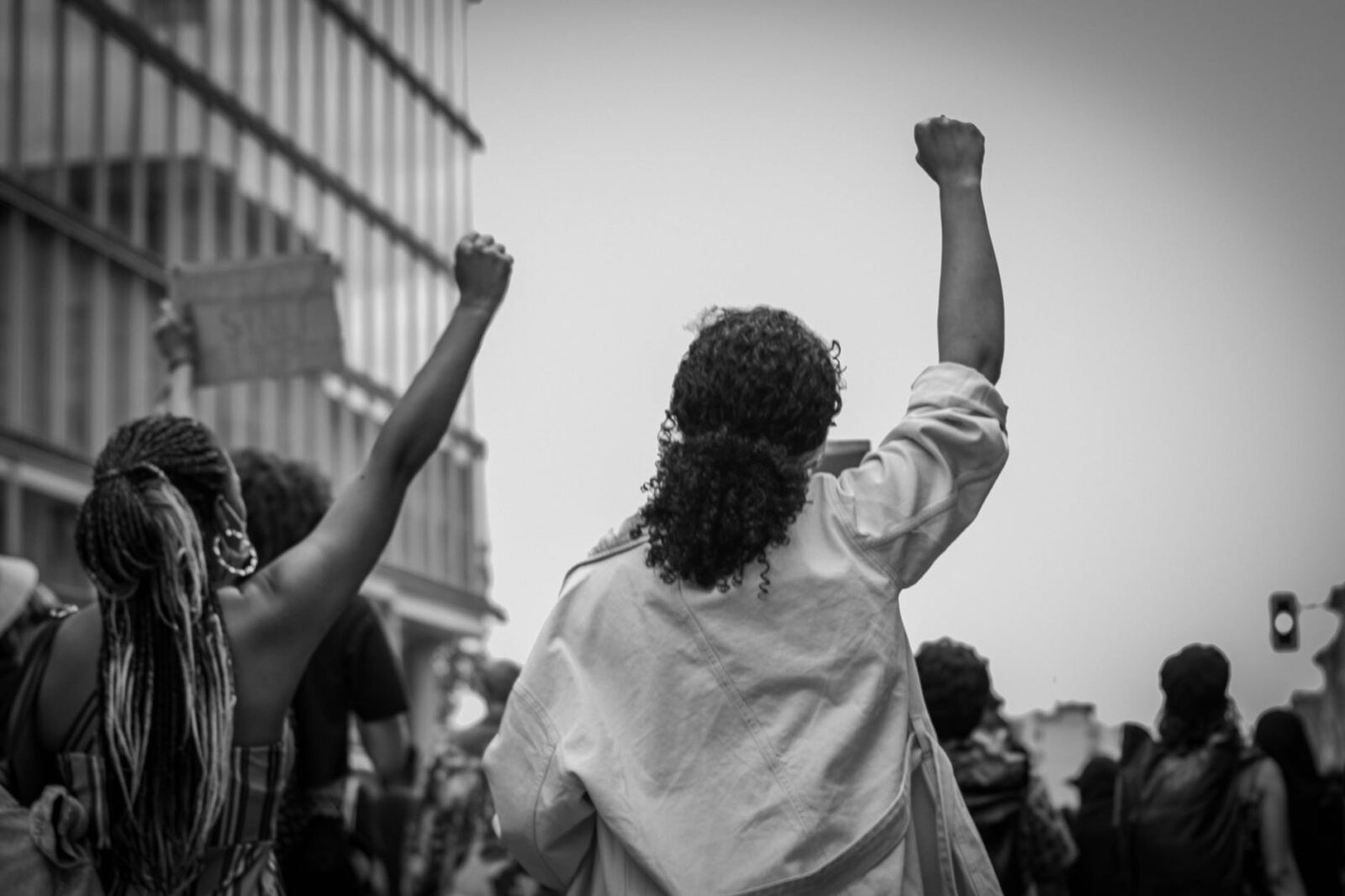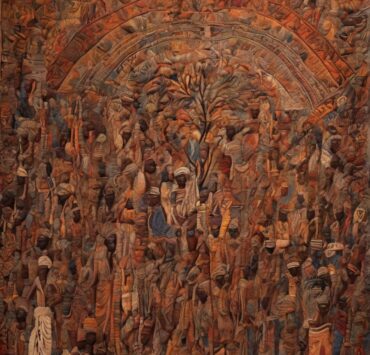
GRAIN is a small international non-profit organisation that works to…
Read Next
Original article here
For thousands of years, communities have nurtured and taken care of the crops and seeds that sustain us. Seeds are part of human history, work and knowledge systems, and our relationship with them is a never-ending conversation of care. This mutual nurturing has given rise to specific ways of cultivating, sharing, feeding and healing that are linked to community norms, responsibilities, obligations and rights.
People’s freedom to work with seeds hinges on the responsibility of communities who defend and maintain them, who care for them and enjoy the goods they provide. And this freedom is under threat.
Today there is a strong assault on people’s seeds. It comes from the drive to regulate, standardise and privatise seeds to expand markets for corporations. This is done through plant breeders’ rights and patent laws, as well as seed certification schemes, variety registers and marketing laws. Whatever the form, it is about legalising abuse, dispossession and devastation.
Today’s attack on seeds aims to put an end to peasant and Indigenous agriculture, an end to independent food production. Where peasant food sovereignty prevails, it is difficult to turn us into cheap and dependent labour, people without territory and without history. We face a coordinated political and technocratic crusade to impose uniform and rigid laws and regulations in favour of agroindustry. There is a determined effort to discredit people’s historical practices and ancestral indigenous peasant knowledge in order to make us dependent on corporations. Communities who have resisted have faced criminalisation, repression, and even imprisonment
Whether in Africa, Asia, Europe or the Americas, communities are fighting this pressure and we are united and mobilised to actively support them.
- In Benin, social movements have stopped the national parliament from discussing a law proposal to join UPOV, the Union for the Protection of New Plant Varieties. UPOV sets global standards for seed privatisation in favour of transnationals like Monsanto/Bayer, Syngenta and Corteva.
- In Guatemala, Indigenous peoples are in the streets demanding that their government’s proposed bill to adopt UPOV standards be scrapped as well. They call it “the Monsanto Law” and its rejection is part of an ongoing nationwide strike.
- In El Salvador, Guatemala and Honduras, groups are working together to prevent the adoption of a new ruling that would open the doors to genetically modified seeds in all three countries at once.
- In Thailand, civil society organisations are fighting hard against free trade agreements that impose UPOV instead of protecting the rights of farmers and other rural communities to maintain and use their local seeds.
-In Indonesia, farmers and civil society organisations continue to reject UPOV, which is being imposed through free trade negotiations and under pressure from countries like Japan. https://www.youtube.com/watch?v=J4pD_yZG1lc
-In the Philippines, farmers, scientists, concerned citizens and civil society organizations filed an environmental case to the Supreme Court to stop the commercial propagation of the genetically modified golden rice that is patented by Syngenta and other agrochemical corporations. Moreover, Filipino farmers are spearheading the fight for the recognition and strengthening of farmers’ rights to seeds and farmers’ seed system by forwarding seed commoning as an alternative to the UPOV-like laws in the country.
- Internationally, peasant and other social movements are also trying to get the UN Declaration on the Rights of Peasants and Other People Working in Rural Areas (UNDROP) translated into enforceable national laws.
We are determined to resist the dispossession of seeds from the hands of the people. We vigorously oppose registration, certification, patenting and marketing schemes, treaties, conventions, national and international laws and legal frameworks such as UPOV and other seed laws that promote the dispossession of the common goods and knowledge of our peoples.
We, as peoples in resistance, guardians of the seeds, will continue keeping, sharing and reproducing our seeds so our presence will germinate from our roots.
Subscribe now for updates from Msingi Afrika Magazine!
Receive notifications about new issues, products and offers.
What's Your Reaction?
 PIN IT
PIN ITGRAIN is a small international non-profit organisation that works to support small farmers and social movements in their struggles for community-controlled and biodiversity-based food systems














